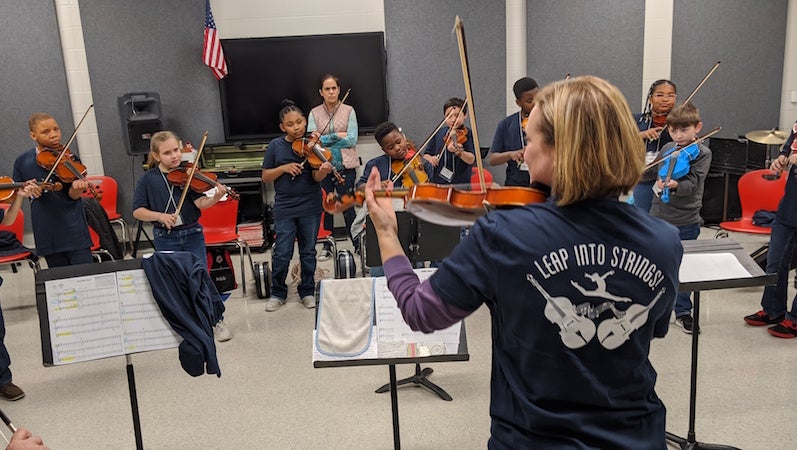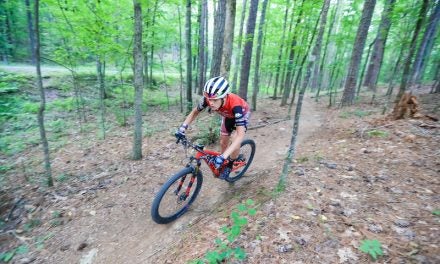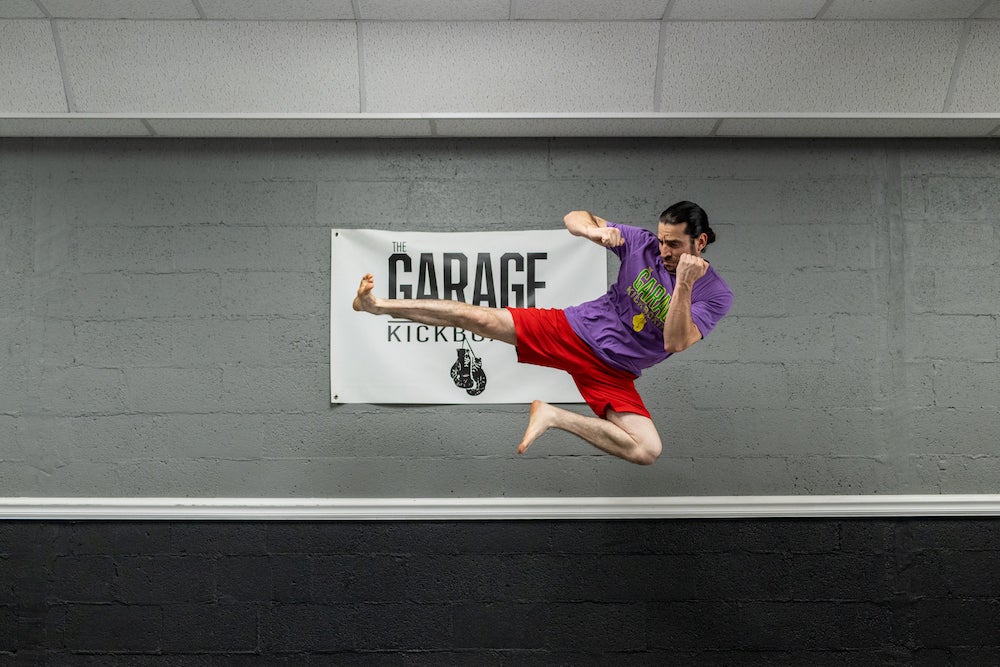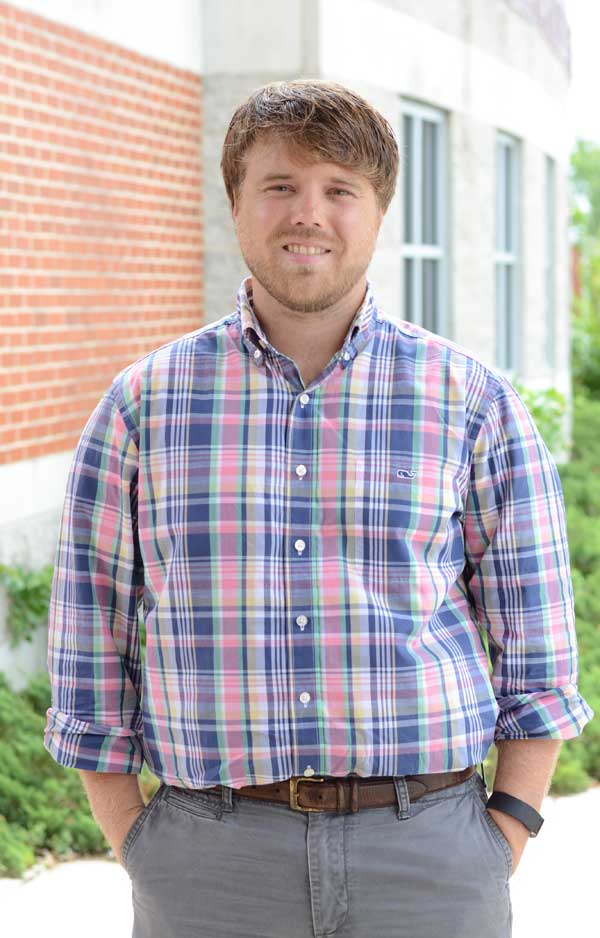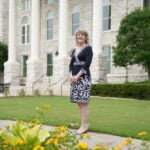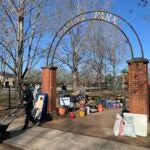Kristina Handler believes in the value of music. “It teaches you that you can achieve what seems impossible, as long as you persist and work at it,” she says. “This gives the children an incredibly special means to express and communicate.” And as Alabaster City Schools (ACS) Strings Program director and instructor, she’s certainly seen it firsthand.
ACS is unique in that it offers a strings music education program directly through its schools. The after-school lessons are offered at no cost in partnership with the Alabama Symphony Orchestra.
Three sets of 40 violins are evenly distributed among three schools including Creek View Elementary, Meadow View Elementary and the Intermediate School. Alabaster City Schools also have cello and bass string players who study privately but participate in ACS group events, and three viola players participate with the ACS violinists.
Ten-year-old Jayden Daza, one of the ACS strings program students, can certainly attest to what his teachers claim. “I really like violin because it made me smarter,” he says. “I also like how all of the notes and finger movements blend together to make something amazing. It’s like magic. Mrs. Kris is one of the main reasons that I stick with it.”
Third grader Sidnee McCorkel was first exposed to the violin during a general music class at Creek View Elementary that all 700 third graders in the school system participate in for six weeks. “That’s what made (Sidnee) want to learn to play the violin,” her mother Jaime says. “She is doing lessons on Tuesdays with Miss Kris from home now. She already has four lessons lined up.”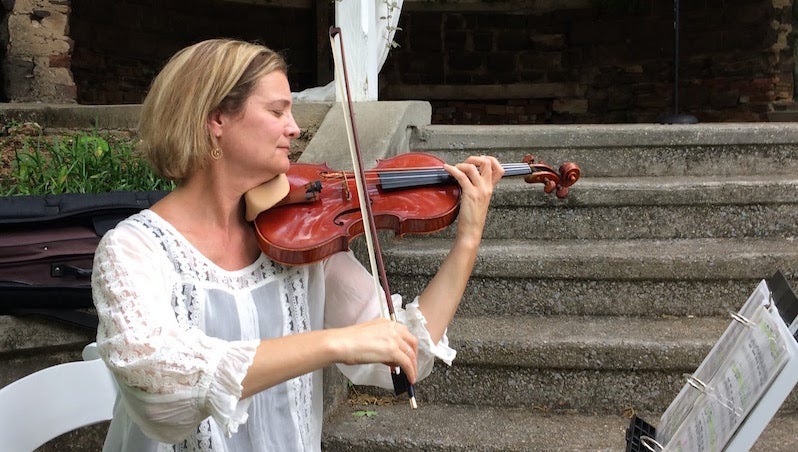
But what these students are doing is certainly not easy, Handler says. “It teaches lessons in self-discipline, organization, honesty with yourself and self-examination,” she says, also noting its benefits especially this spring and summer. “For anyone with a violin in this time of staying home in quarantine, they too can fill this secluded world with music. Music and violin is a friend that can transport you, rescue you from where you are.”
But during the normal school year, Handler teaches all ages. On Mondays she has two different violin classes going at the same time, one beginner and one advanced. On Tuesdays and Thursdays, she teaches the students at the middle school, and on Wednesdays and Fridays, she works with intermediate level students in the fourth and fifth grades.
Ola Lutfi, as a sophomore at Thompson High School, plays cello and bass both with the high school programs and younger students on occasion. “The music we play is a little hard but it definitely is for our level,” she says.
In each moment of teaching, Handler sees how it enhances her students’ brains. “It exercises both sides of the brain,” she explains. “It uses both very small muscles to larger ones in your back and arms. Apart from the physical act of making sound, there’s all the information in the music to process and translate, maintain all at one time.”
Handler likes using some of the Suzuki method rhythms but also emphasizes musical literacy. “I emphasize note reading over memorization,” she says. “Also, I am trying to find the fastest and most efficient way to teach these kids. Keeping them all inspired and going is tricky. It’s just as challenging as playing the violin itself!”
Dr. Wayne Vickers, superintendent of Alabaster City Schools, has worked alongside others to get the strings program into the curriculum. “We feel that if every child has the opportunity to connect, they will be ready and well-rounded … we strive to support the three As: academics, athletics and arts,” Vickers says. “We hope to grow this (strings) program.”
ACS Board Member Dr. John Myrick, a professional musician and university professor, also worked with key district staff to get a government arts grant for the school system to help cover the costs and the district’s program, as well as its Bosendorfer Concert Grand 290 Imperial piano, one of the very largest grand pianos manufactured anywhere in the world that is hand crafted in Austria with 97 keys. The system purchased it through Ellis Piano. Not only that but Myrick was key in choosing Handler for her position.
In addition to Handler, Patricia Pilon teaches cello and Ron Alexander teaches bass. “Everyone (in the school system) has been extremely helpful to me thus far,” Pilon says. “I cannot tell you how many teachers and administrators have asked how they could help me. We are all excited to build this program.”
Two years into the strings program, Handler expects it to continue to grow. Her goal in all of it is to teach violin to all ACS students that want to learn, bring them together in various combinations of small to large ensembles, and eventually create the Thompson High School Symphony Orchestra. And in all of it, she’s helping students learn that they can achieve what seems impossible.
Parents who would like more general information on the strings program with Alabaster City Schools can contact the ACS Board of Education at 205-663-8400.
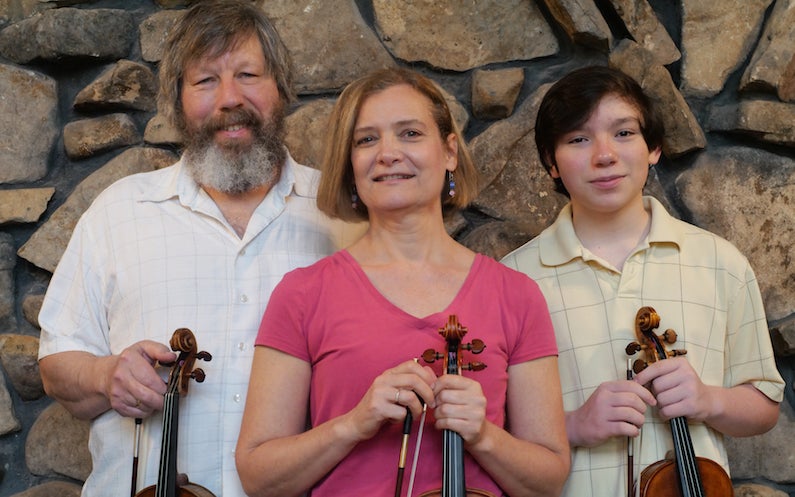 Meet the Teacher
Meet the Teacher
Kristina Handler began playing violin when she was 8 years old because someone came into her school and offered lessons. By the time she was a junior in high school, she was teaching violin and viola, and holding recitals her my mom’s house. Now, she has now been teaching for more than 30 years.
Along the way she’s also performed in Russia, Romania and France, along with the Canton, Akron, West Virginia and Wheeling W.V. Symphonies, but perhaps most memorable is the Alabama Symphony Orchestra’s 2017 performance in Carnegie Hall. Her husband, David, is also a violinist and a member of the Alabama Symphony. But that’s not all—she’s also a writer and illustrator and dreams of setting one of her stories to music with a narrator on stage, with the illustrations on a big screen above the orchestra. “Right now, I have three orchestras and a composer interested in the project, but there’s a lot to still figure out,” she says. “The whole project ties in with my teaching, as it would be an educational program about the symphony orchestra’s instruments.”

